Iran held funeral processions on Thursday for Hamas political chief Ismail Haniyeh after he was killed in a strike in Teheran blamed on Israel, while United Nations Security Council countries called for stepped-up diplomatic efforts to avert a wider Middle East conflict.
Thousands of mourners paid respects to Haniyeh as the Israeli military confirmed that an airstrike in Gaza last month killed the Hamas military chief, Mohammed Deif.
Iran's Supreme Leader Ayatollah Ali Khamenei led prayers for Haniyeh ahead of his burial in Qatar, with President Masoud Pezeshkian standing next to him. State television later showed the coffins placed in a truck and moved on the street toward the Azadi Square in Teheran and people showering flowers at them.
The assassination of Haniyeh, who went to Teheran to attend Pezeshkian's inauguration on Wednesday, sparked threats of revenge against Israel and fueled concerns that the Gaza conflict is turning into a wider Middle East war.
It occurred just hours after a top Hezbollah commander, Fuad Shukr, was killed in an Israeli strike on Lebanon's capital Beirut in retaliation for a deadly weekend rocket attack in the Israeli-occupied Golan Heights.
At a news briefing on Thursday, Chinese Foreign Ministry spokesman Lin Jian said the country is deeply concerned that the assassination may plunge the region into further turmoil and stressed the necessity of a permanent cease-fire in Gaza as soon as possible.
"There should be no more escalation of conflict and confrontation," he said. "China is always committed to safeguarding peace and stability in the Middle East and is opposed to external interference. We stand ready to work with relevant parties toward lasting peace and security in the region."
Charter principle stressed
Fu Cong, China's permanent representative to the UN, said the assassination was "a blatant attempt to sabotage peace efforts and wantonly trampled on the fundamental UN Charter principle of respect for sovereignty and territorial integrity of all states".
The Gaza conflict has been going on for 300 days, resulting in nearly 40,000 deaths and an unprecedented humanitarian catastrophe, Fu said.
The UN Security Council adopted a resolution in early June aimed at reaching a comprehensive Gaza cease-fire deal in three phases.
However, Fu said negotiations have yet to yield any progress, "while the spillover effects of this conflict are increasingly visible, with the tensions between Lebanon and Israel, between Syria and Israel, and in the Red Sea sounding the alarm frequently".
Failure to achieve a cease-fire in Gaza was responsible for worsening tensions, he said. "Countries with major influence must put more pressure and work more vigorously ... to put out the flames of war in Gaza."
Amir Saeid Iravani, Iran's UN ambassador, said Teheran has consistently exercised maximum restraint but reserves its right to respond decisively. He called on the Security Council to condemn Israel and punish it with sanctions.
Iran's first vice-president Mohammad Reza Aref said his country has no intention of escalating the Middle East conflict, state media reported.
Robert Wood, the United States' deputy ambassador to the UN, called for members of the Security Council with influence over Iran "to increase pressure on it to stop escalating its proxy conflict against Israel and other actors".
Israel has declined to comment on the Teheran strike, but experts said Prime Minister Benjamin Netanyahu is likely to benefit domestically from the killing, Agence France-Presse reported.
"It's a tactical, not a strategic victory (for Netanyahu), he scored points but that could change very quickly", said Asher Cohen, a political science professor at Israel's Bar Ilan University.









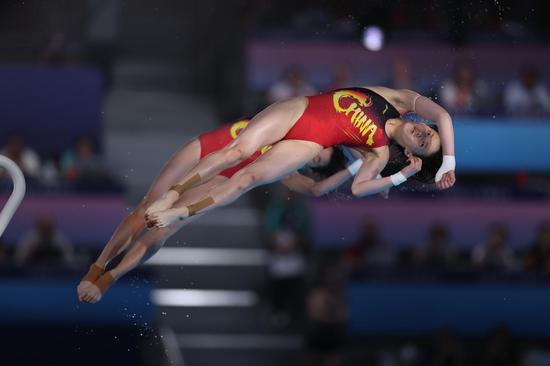
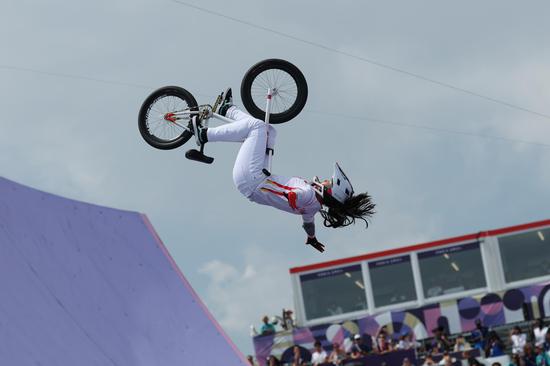
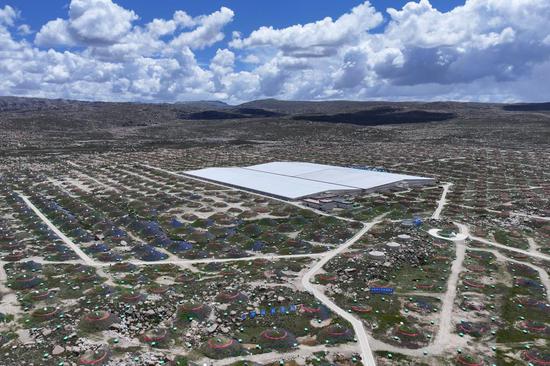
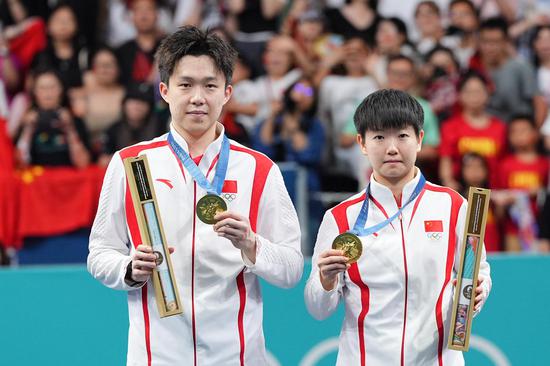
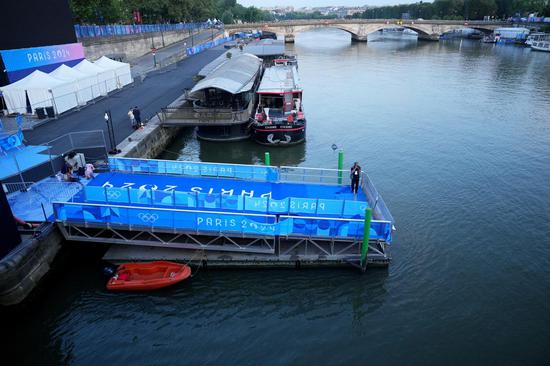
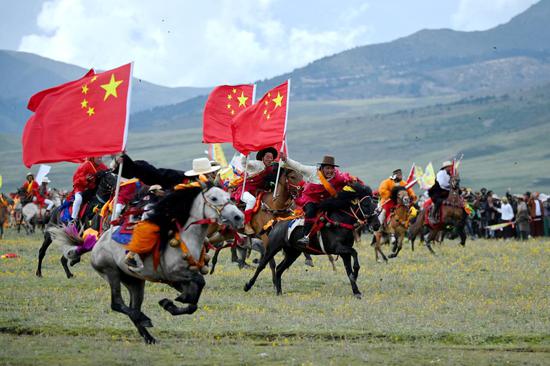

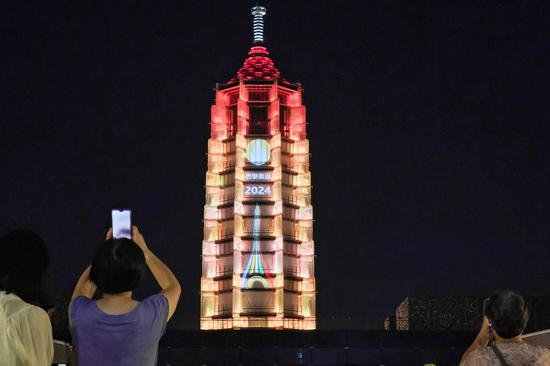
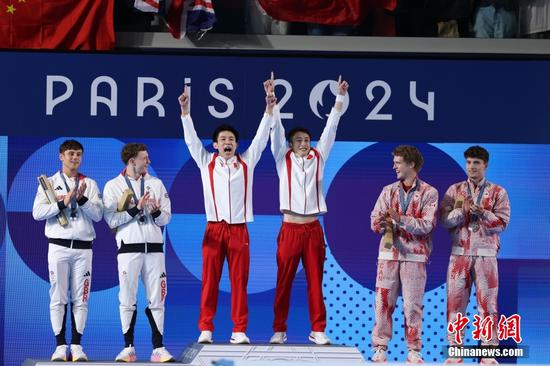
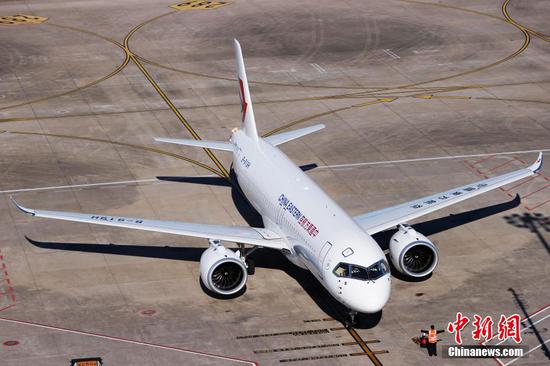




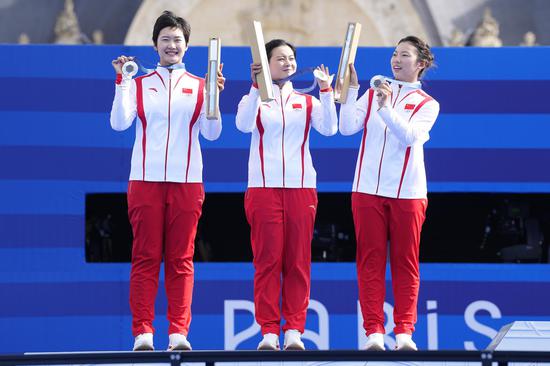
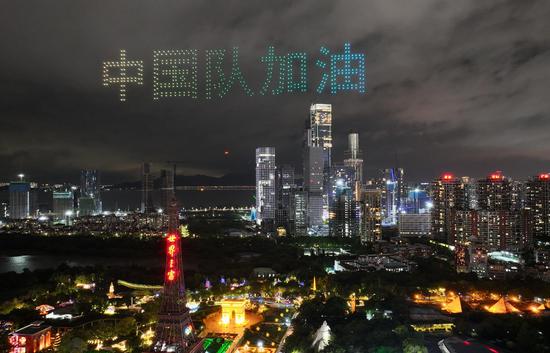


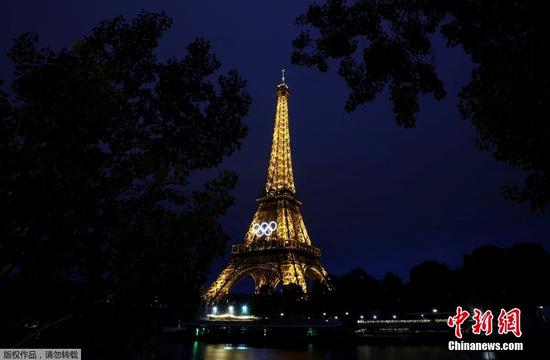
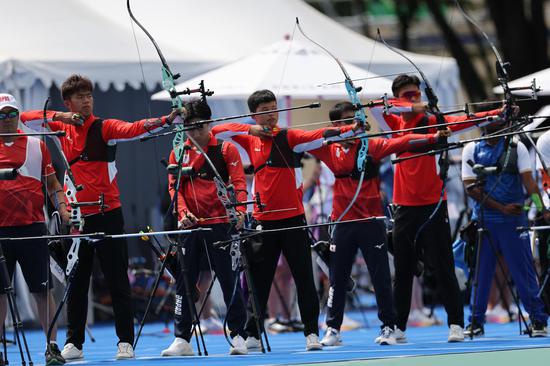

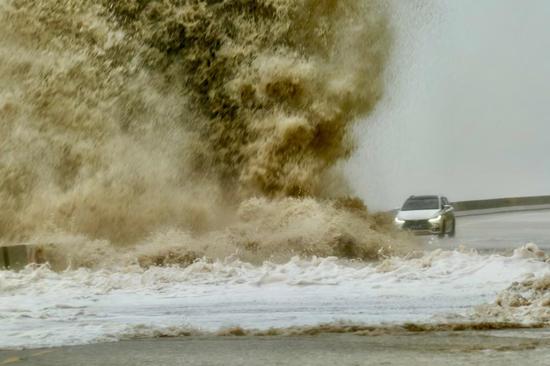
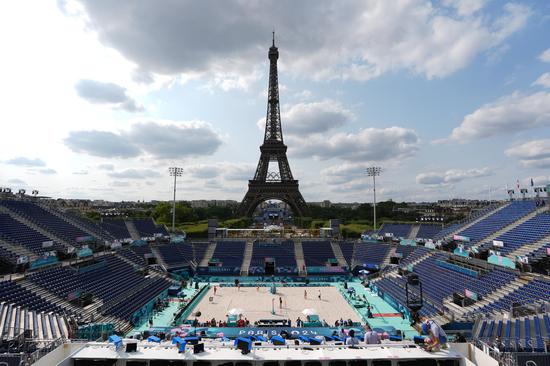
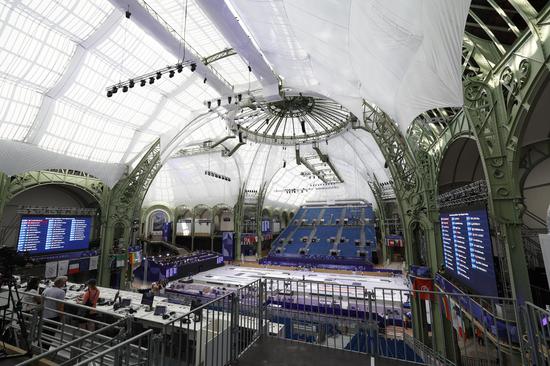
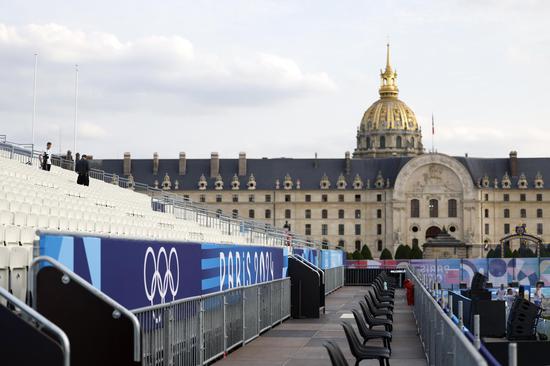
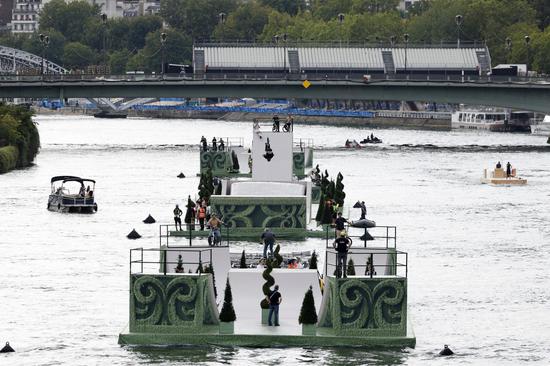
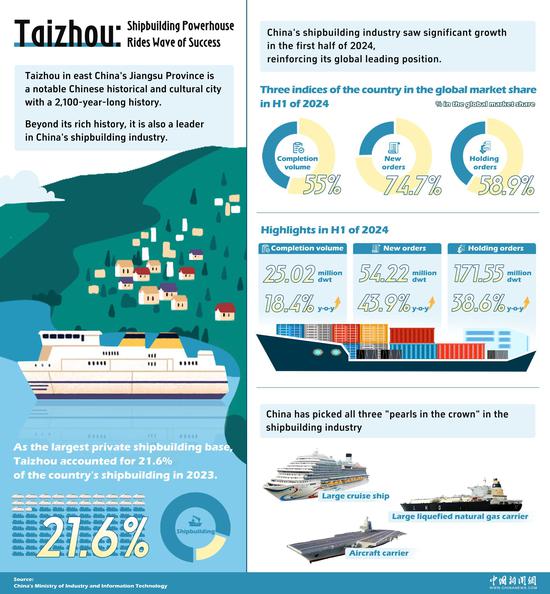
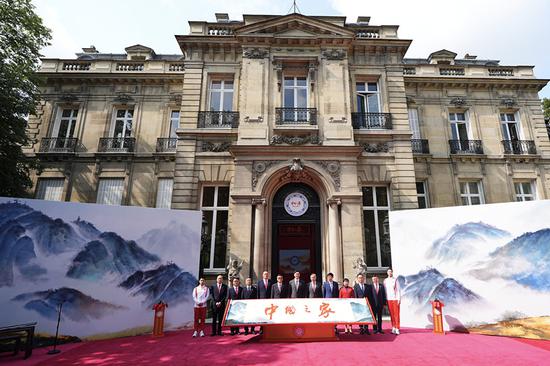


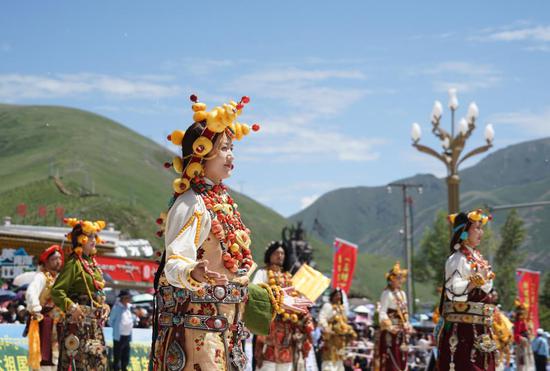
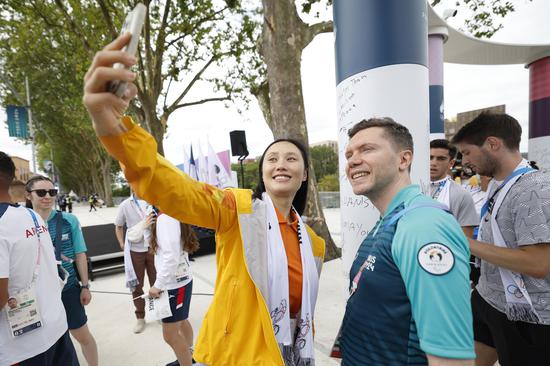

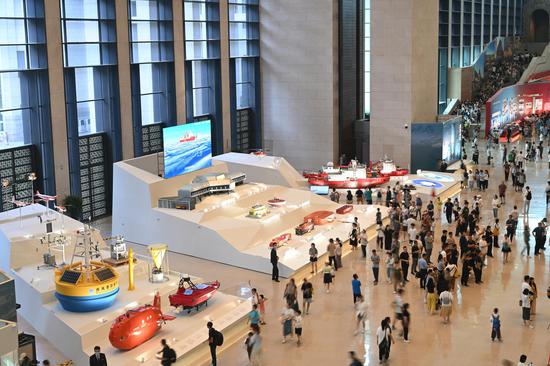
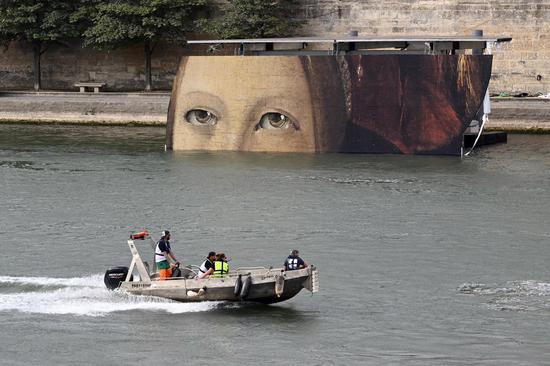

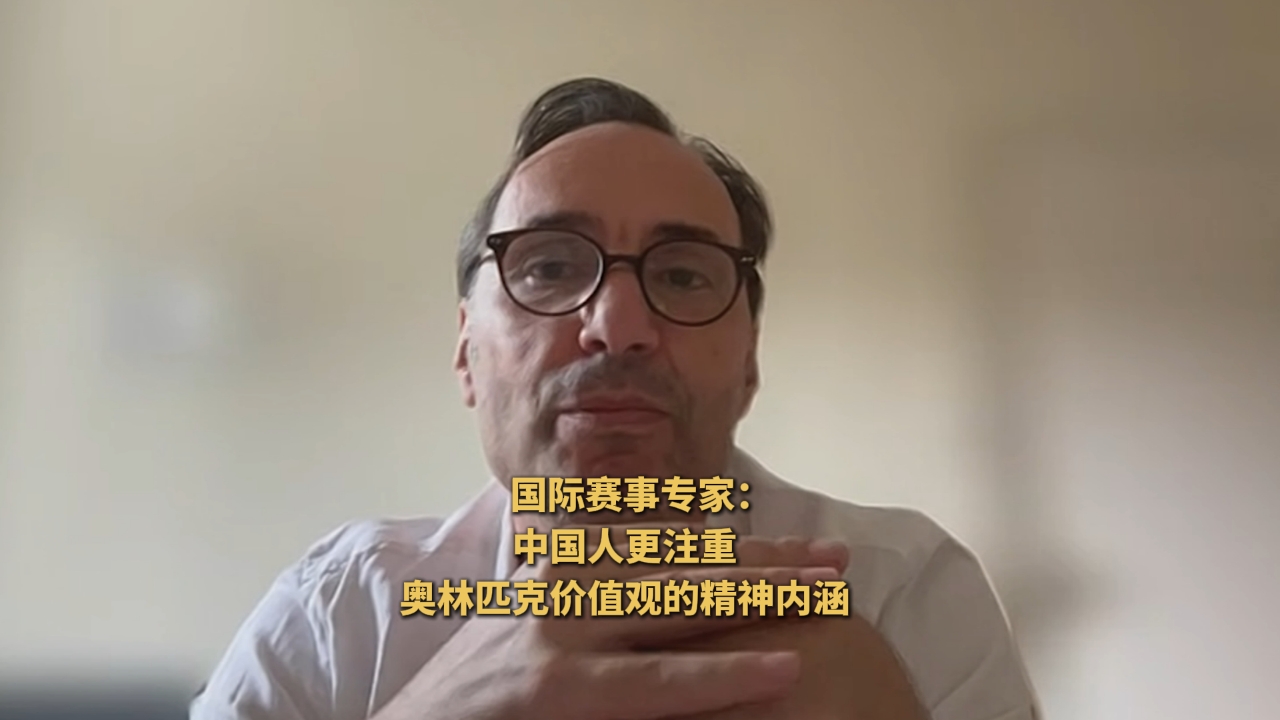

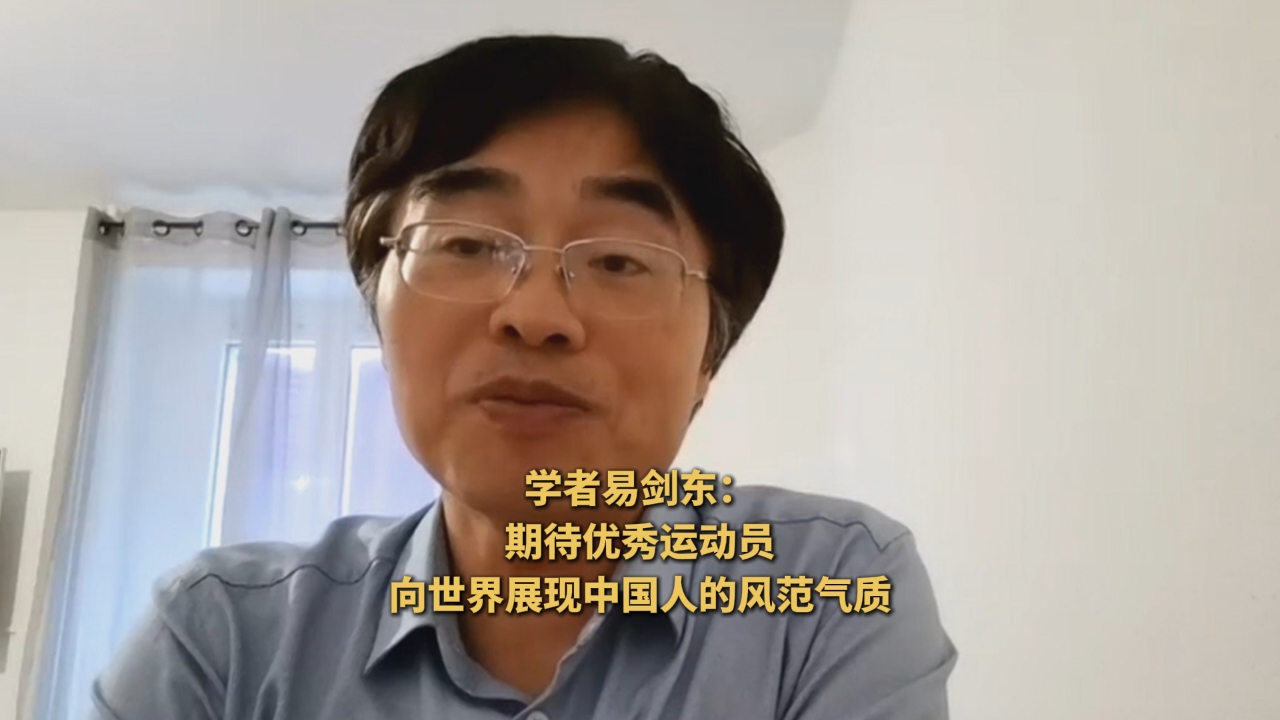

 京公网安备 11010202009201号
京公网安备 11010202009201号